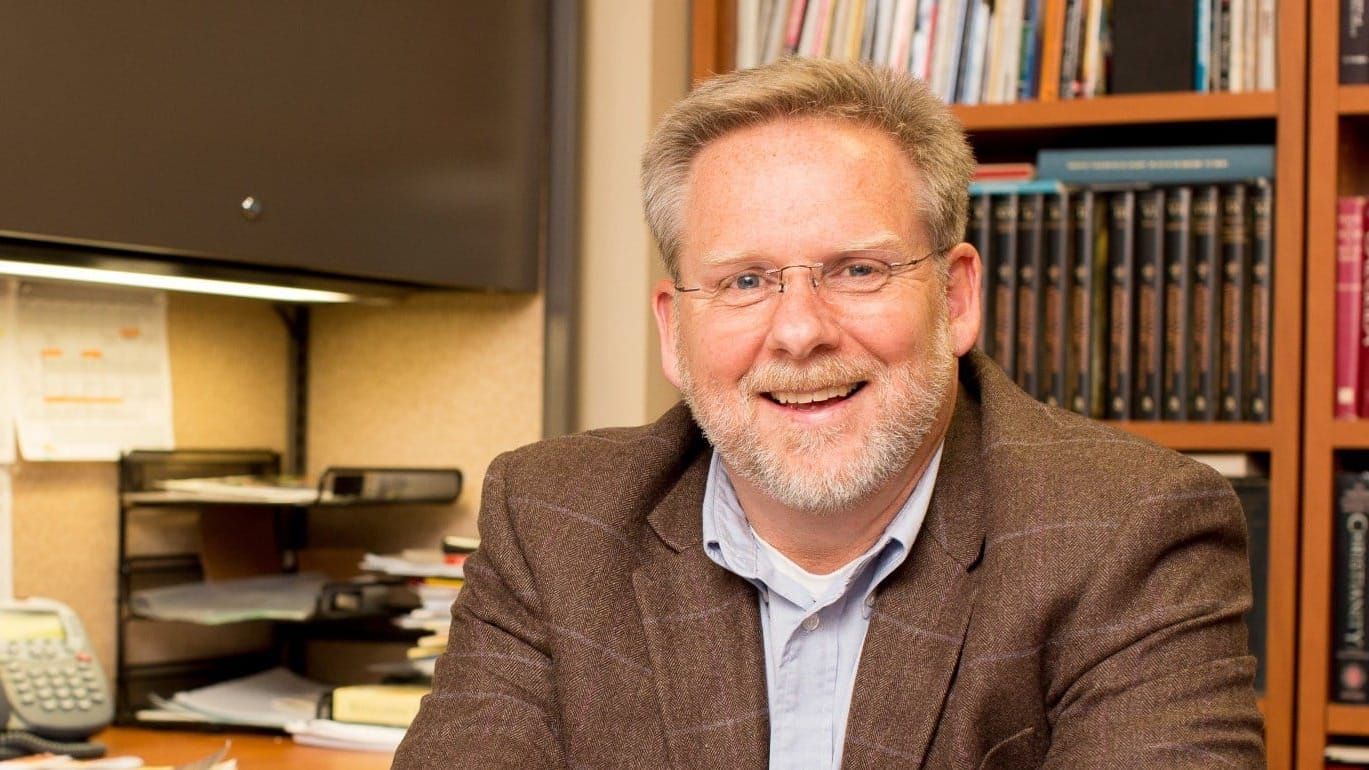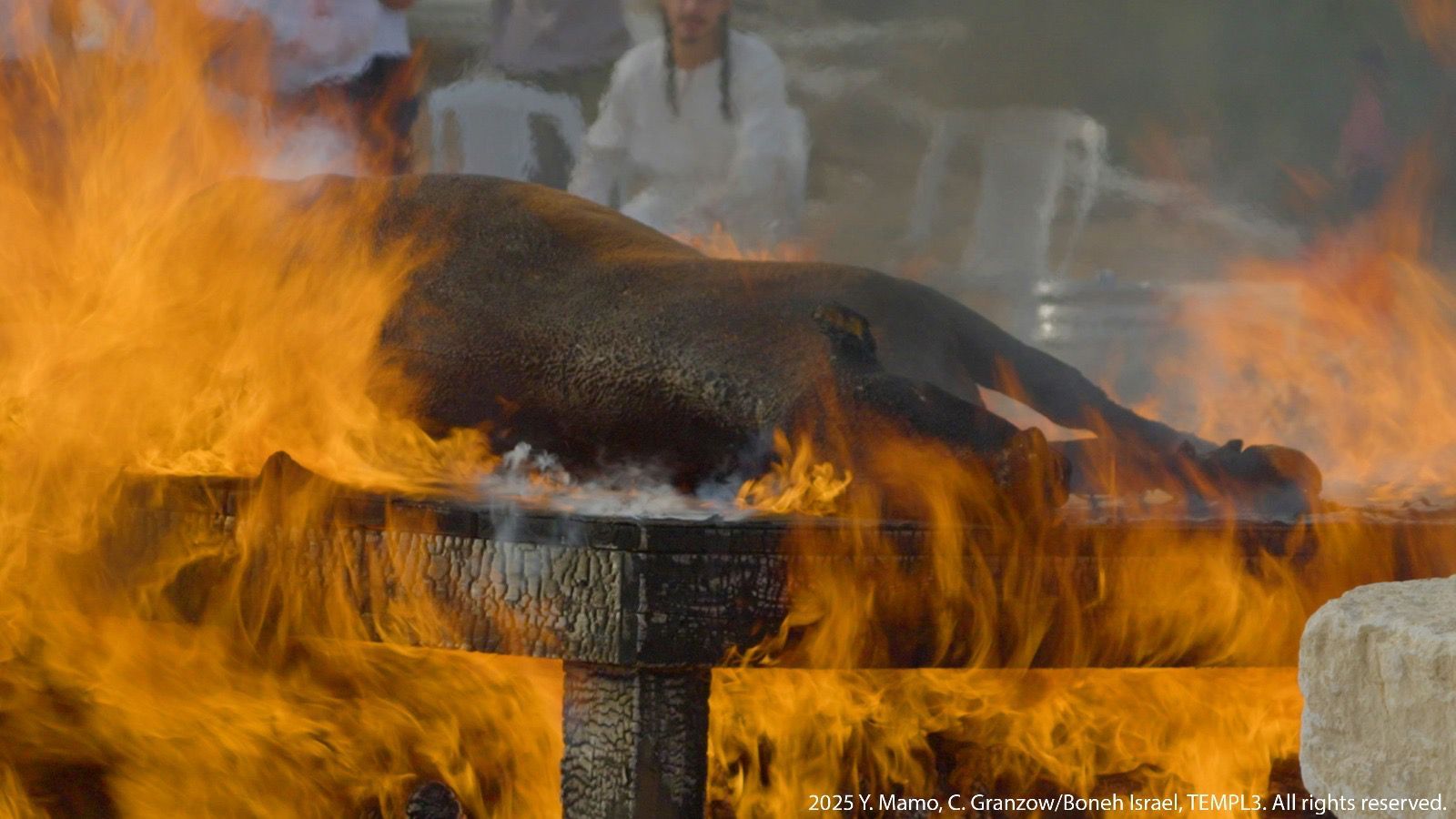Why Mentoring in Ministry Still Matters
What defines the practice of mentoring theologically is far from obvious.
Books, articles, and programs abound about mentoring, but few offer more than what one otherwise finds at the intersection of human decency and common sense. Yet the practice of mentoring demonstrates its value over time—and, as a result, is worthy of our reflection.
This is especially true in the sphere of Christian ministry.
Take the example of Seth, who believed from the time he was young that God had called him to the ministry. While neither of Seth’s parents served as ministers, they raised him in the church and supported his calling. Seth’s youth pastor and senior pastor also affirmed this vocation and encouraged him to attend a Christian college, where he thrived and garnered the support of peers and professors.
Before heading on to seminary, Seth accepted a position as a youth pastor at a suburban church near his alma mater. And although he enjoyed working with the youth, there were ongoing challenges with some of the parents, who had competing agendas for the way Seth conducted the youth ministry. In one situation, Seth realized neither set of parents was willing to compromise.
The parents soon appealed to the senior pastor—who had shown little interest in Seth’s efforts or his transition into full-time ministry until then. The pastor simply directed Seth to resolve the situation before other parents were drawn into the fray. But when other parents got involved on social media, the senior pastor stopped by Seth’s office to ask why Seth had failed to resolve the situation. At this juncture, we may all recognize Seth needed a mentor as well as a supervisor.
Arguably, those most likely to benefit from the Christian practice of mentoring are millennials (born between 1981 and 1996) and members of Generation Z (born between 1997 and 2012), since certain qualities of these generations are often perceived as sources of friction. For example, in a New York Times Magazine commentary from 2020, Jasmine Hughes advised employers to hire a “generational consultant” to “keep Gen Z workers happy.”
Regardless of one’s views of the younger generations, they are gradually entering the workforce and filling roles formerly held by baby boomers and Gen Xers. By 2016, for example, millennials had become the largest generation in the US labor force.
Resisting the changes spurred on by millennials and Generation Z members is not only pragmatically misguided, but it also fails to appreciate the positive qualities they may introduce. For example, Claire Cain Miller and Sanam Yar posed the following question about the next generation: “Could they, instead, be among the first to understand the proper role of work in life—and end up remaking work for everyone else?”
To take advantage of such positive qualities in the younger generations, sociologists point to an increased need—and even appetite—for mentoring.
In his 2016 book studying young people and the church entitled You Lost Me, David Kinnaman noted that the next generation’s “prodigious use” of technology, entertainment, and media is historically significant. But such forms and usage of media often disconnect younger believers from older adults and, in turn, impacts how they will inherit their future roles.
Kinnaman suggests mentoring practices focused on the cultivation of vocational awareness and wisdom as ways to address these challenges.
But we still need to explore a theological definition—to clarify what it means to be human, what it means to cultivate wisdom, and what it means to flourish—if we are to position mentoring as a distinctively Christian practice that serves the next generation.
Understanding what it means to be human is the theological starting point for mentorship. In Genesis 1:26, we read, “Then God said, ‘Let us make mankind in our image, in our likeness.’” Unlike any other created being, humans were made in the image of their Creator and bear that image on earth.
In Creation and Fall, Dietrich Bonhoeffer notes the obvious but often forgotten truth that humans are the result not of their own creation but of the relationship they share with God. Mentors are called to cultivate that awareness by helping their mentees understand that while they are finite, the unique potential they possess reflects the One who created them.
Next, helping mentees see the potential they possess involves cultivating wisdom.
Mentors must recognize that the challenges they faced likely differ from the ones their mentees face. However, mentees will benefit greatly from knowing the nature of the challenges they encounter is not unique—and that they are not alone in their experiences. Wisdom invariably comes with limits, but mentors who have faced comparable challenges and met them with varying levels of success can offer their mentees counsel.
In many of its passages, the Book of Proverbs speaks to the importance of wisdom—including the value of identifying and avoiding the ways of the wicked, recognizing the blessings and curses wealth offers, and understanding the value of work. Proverbs 1:9, for example, describes the wisdom gleaned from a father’s instruction and a mother’s teaching as “a graceful garland for your head and pendants for your neck” (ESV).



